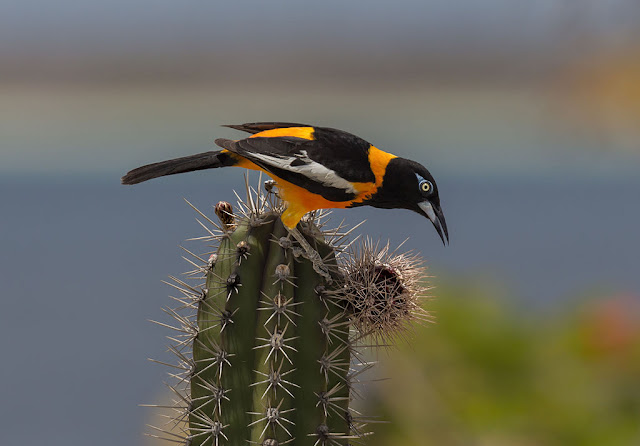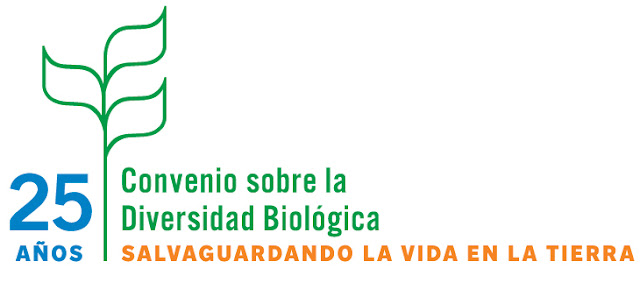HOLY WEEK ECOLOGIST VENEZUELA 2018
The week
arrived, an opportunity to get to know the recreational parks, national parks
and natural monuments, mainly the destinations of rivers and beaches.
It is important
to maintain an ecologist or ecological behavior in Easter, following these
simple tips:
1. Do not leave a mark on the places we visit: bring
all the remains of the products consumed and leave them in a trash basket.
2. Do not bring
animal species or vegetables such as starfish, fish, algae, orchids,
bromeliads, or sea shells. Do not buy wild animals in carts and tourist centers
such as parrots, iguanas or monkeys.
3. Do not use
palm branches, because it is generating great damage to these species and the
associated fauna that needs to nest in them. Use leaves of the jojoto or corn,
you can also use wide-leaved grasses such as cut grass, guinea, bombaza, to
make the crosses and symbolize the welcome to Jesus. You can make ecological
bouquets, composed of rosemary, chamomile, cabuya, corn leaves and flowers,
totora, ears of wheat, sigse, laurel, cypress and even paper and recycled
materials. Another alternative is to take a living plant of your preference to
be blessed and then plant it in your home.
4. Use water and
energy rationally.
5. Do not
consume chigüire (Hydrochaerus hydrochaeris) or baba (crocodilian alligator)
because these species have been overexploited year after year and are in danger
of extinction. In most cities they sell illegal hunting meat.
COLOR THE
CHIGUIRE FAMILY







Comentarios
Publicar un comentario